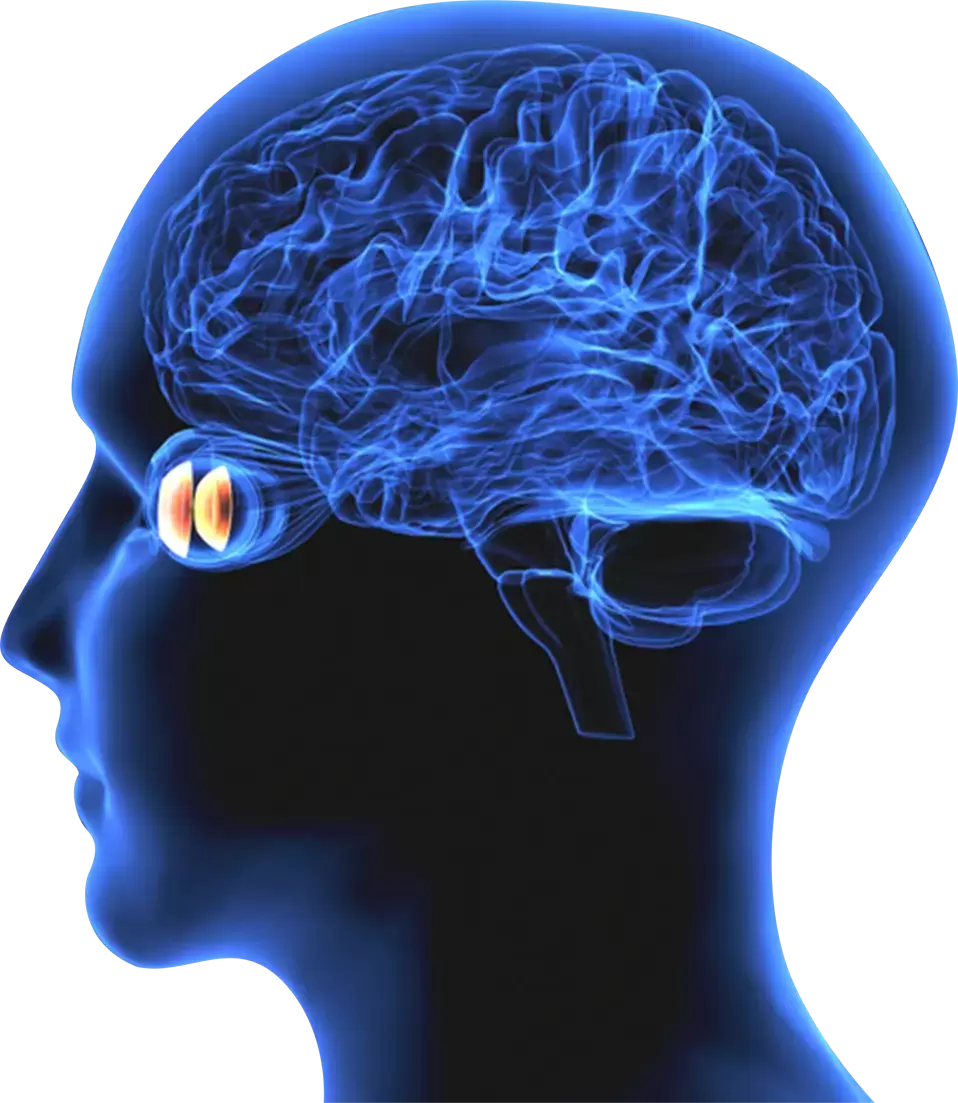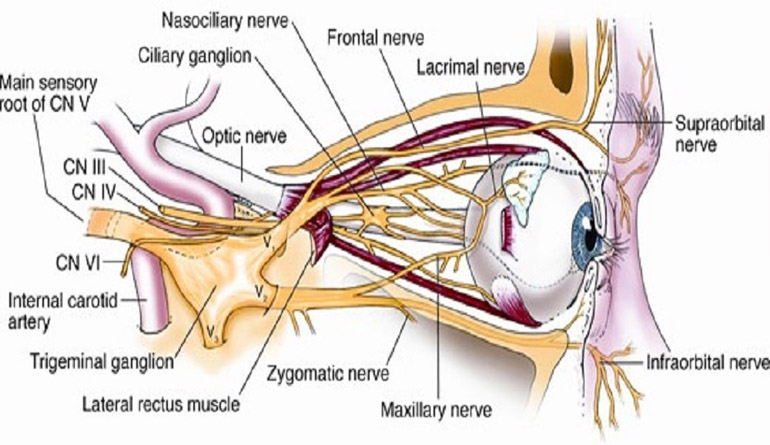Home > Specialties > Neuro Ophthalmology
Neuro Ophthalmology
Neuro ophthalmology is a combination of super specialty of both neurology and ophthalmology. This field deals with the complicated conditions or diseases between the brain and eyes that affect eye movement, vision, alignment, and pupillary reflexes.


Causes of Neuro-Ophthalmological Disorders
The underlying causes for neuro-ophthalmological disorders can be varied and include:
- Multiple Sclerosis: This is often associated with optic neuritis and other lesions in the visual pathways.
- Stroke: This condition may result in a visual field defect or cortical blindness depending on the extent of damage in the brain.
- Head Trauma: Direct injury to the brain or optic nerve.
- Brain Tumors: May compress or infiltrate the visual pathways.
- Infections: Including meningitis or encephalitis, which affect the optic nerve or brain.
- Autoimmune Disorders: Such as neuromyelitis optical affecting the optic nerves and spinal cord.
- Vascular Disorders: Those that are likely to affect blood flow to the optic nerve, such as giant cell arteritis.
Types of Neuro Ophthalmology
Some of the common conditions and diseases associated with neuro-ophthalmology are as follows:
1. Optic Neuritis: It involves the inflammation of the optic nerve, usually associated with conditions such as multiple sclerosis.
2. Papilledema: Swelling in the optic disc due to increased pressure in the skull.
3. Ischemic Optic Neuropathy: Conditions that have inadequate blood supply to the optic nerve; it may cause sudden loss of vision.
4. Ocular Motility Disorders: Disorders in the control of eye movements; pathologies related to cranial nerve palsies such as third, fourth, or sixth cranial nerve palsy.
5. Pseudotumor Cerebri or Idiopathic Intracranial Hypertension: Increased pressure in the space surrounding the brain causes papilledema and visual disturbances.
6. Visual Field Defects: Homonymous hemianopia, loss of half of the visual field due to strokes or any other lesion in the brain.
7. Neurodegenerative Disorders: Certain neurologic disorders, such as Parkinson’s and Alzheimer’s diseases, may cause visual symptoms.
8. Thyroid Eye Disease (Graves’ Ophthalmopathy): Autoimmune disorder of the muscles, as well as all tissues around the eyes.
9. Vision Loss from Brain Tumors: Tumors in or near the optic nerves in the visual pathways can cause visual field defects or other visual disturbances.
10. Cerebrovascular Diseases: Strokes or transient ischemic attacks causing lesions of the visual pathways.
11. Neuro-Ophthalmic Complications of Systemic Disease: It can be a complication or manifestation of diseases like diabetes mellitus or hypertension.
12. Inherited and Genetic Disorders: Some conditions are known to have involvement of the optic nerve or any other part of the visual system by a genetic disorder.
13. Neurotoxicity: Optic neuropathy or other apparent disturbances in vision can result from some medications or toxins.
14. Traumatic Brain Injury: Head trauma may result in a variety of neuro-ophthalmic problems, including ill effects on the optic nerves or damage to those parts of the brain that control the movement of the eyes.
15. Infections of the Visual Pathways: This can include optic neuritis due to infections, such as Lyme disease, or those caused by viral organizations, which may affect the optic nerves.
Symptoms of Neuro-Ophthalmological Disorders
Symptoms vary widely depending upon the specific condition but may include:
- Vision loss or blurring
- Diplopia
- Abnormal, involuntary eye movements
- Loss of peripheral vision or blind spots
- Abnormalities of the pupils [in size or response to light]
- Headaches, with or without accompanying afferent visual disturbances
- Pain in eye movement
Modern Eye Care Hospital is a Center of Excellence for Eye Surgeries in Bihar
Address
Mogalkuan – Rahui Road 700m from, Basar Bigha Rd, Sohsarai, Bihar Sharif, Distt Nalanda, Bihar 803118
Call Us
(+91) 9308462602
Mail us
moderneyecare.in@gmail.com
